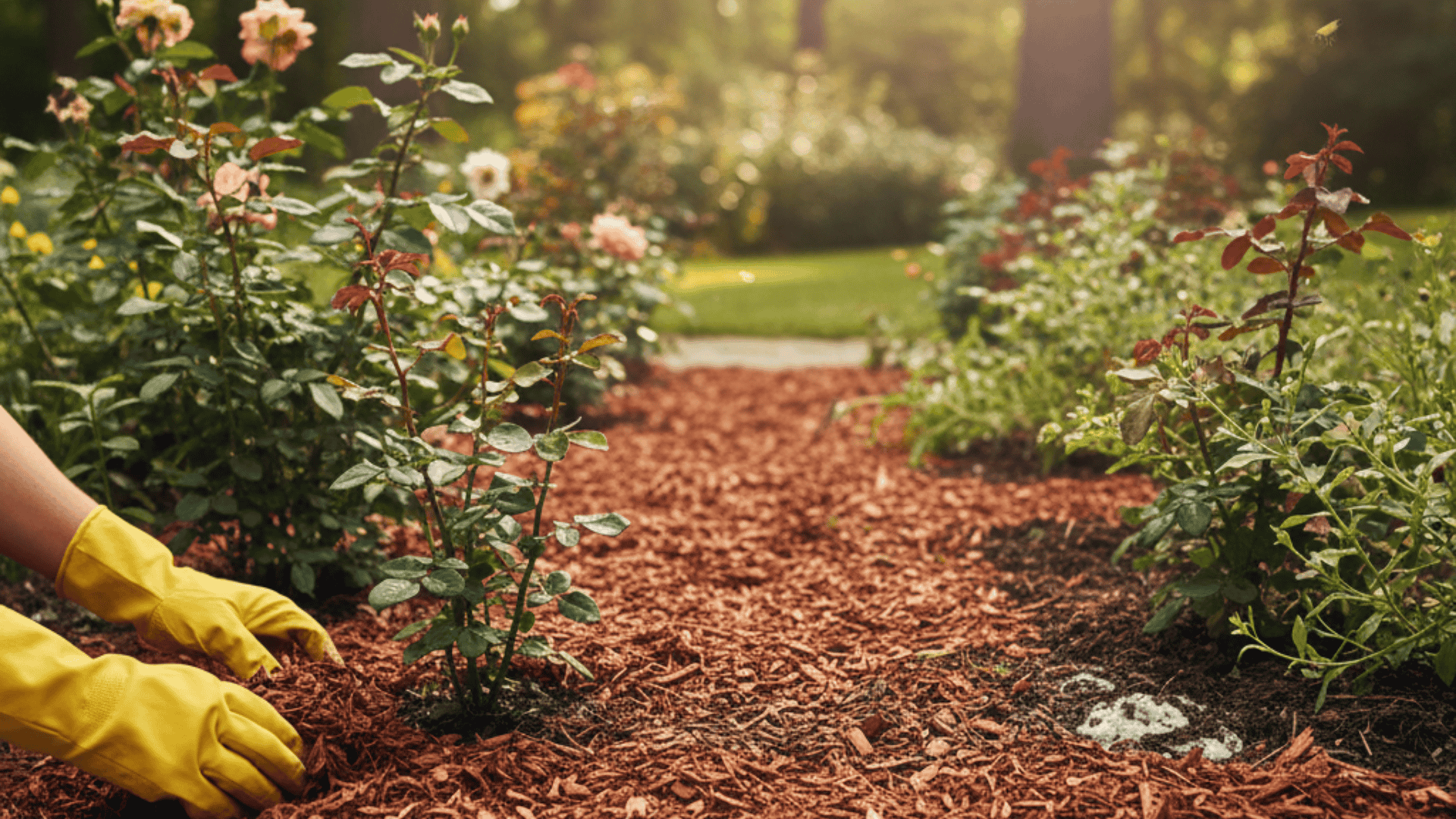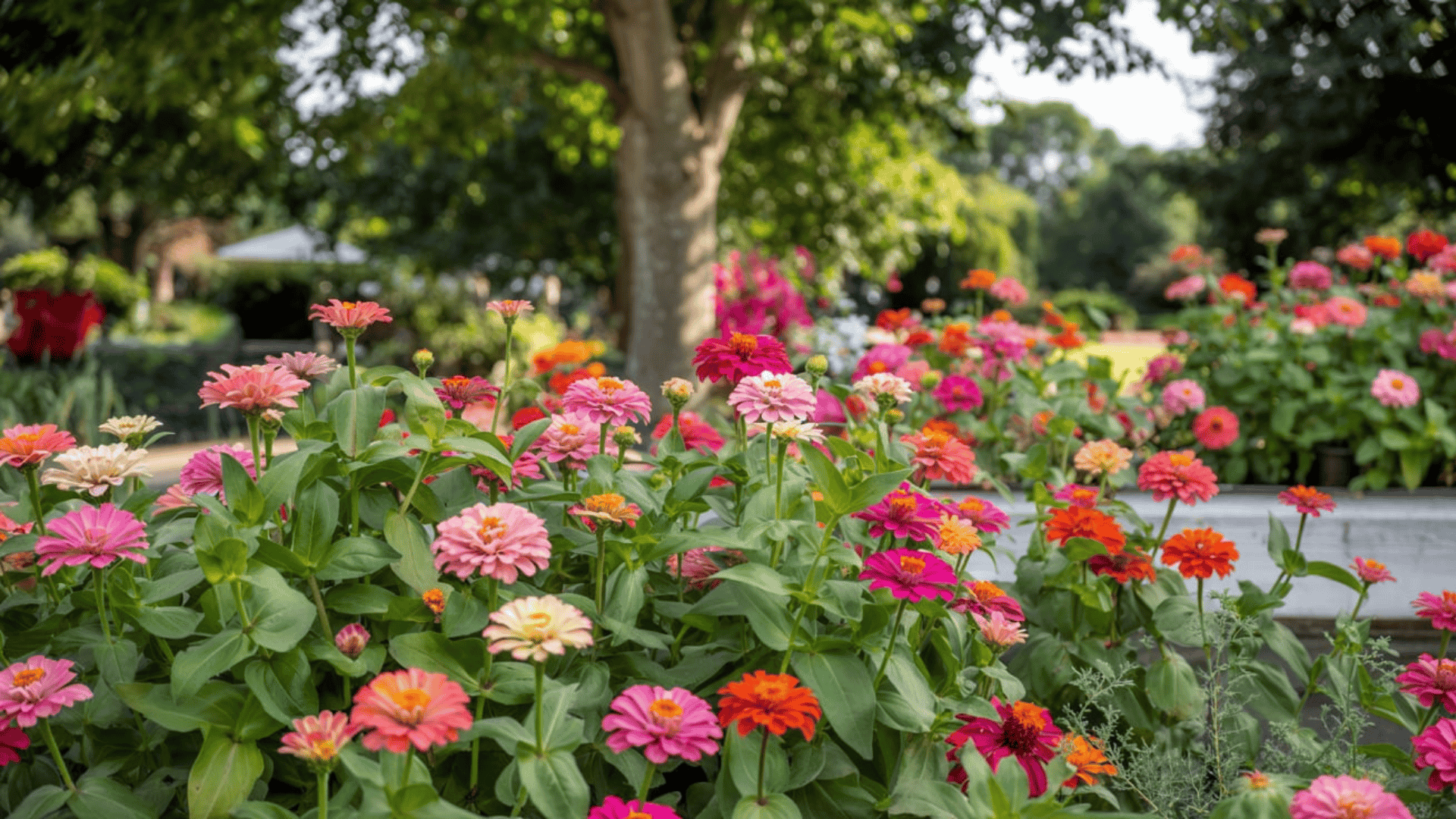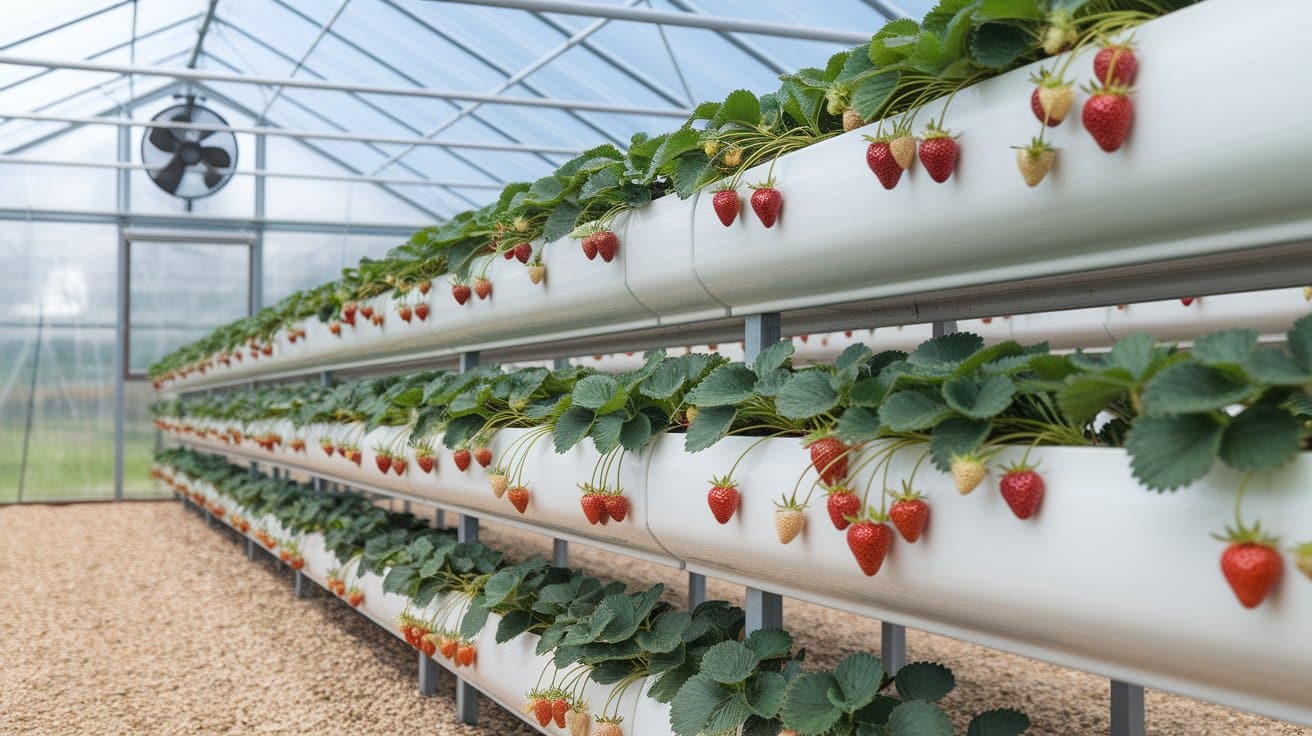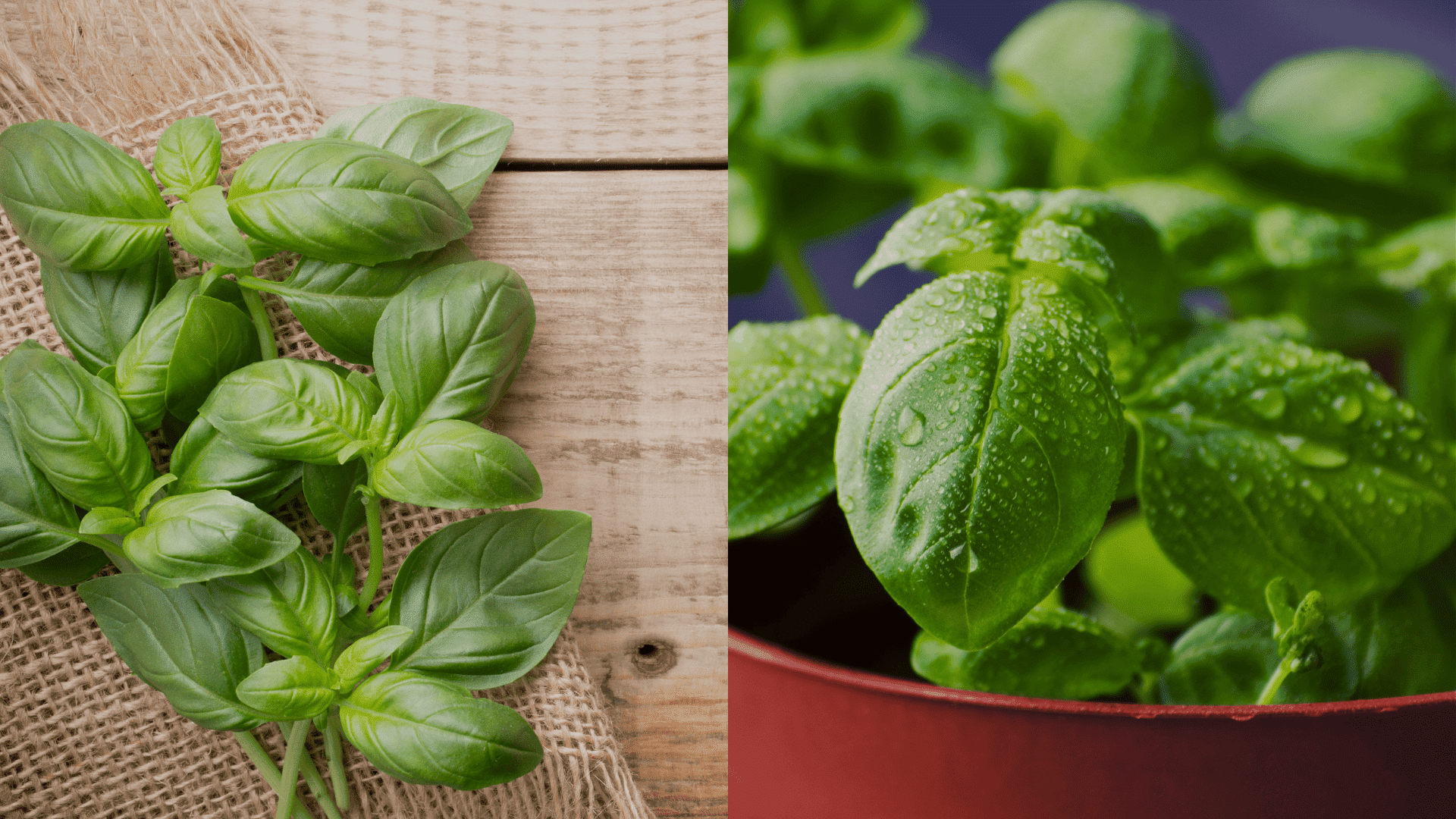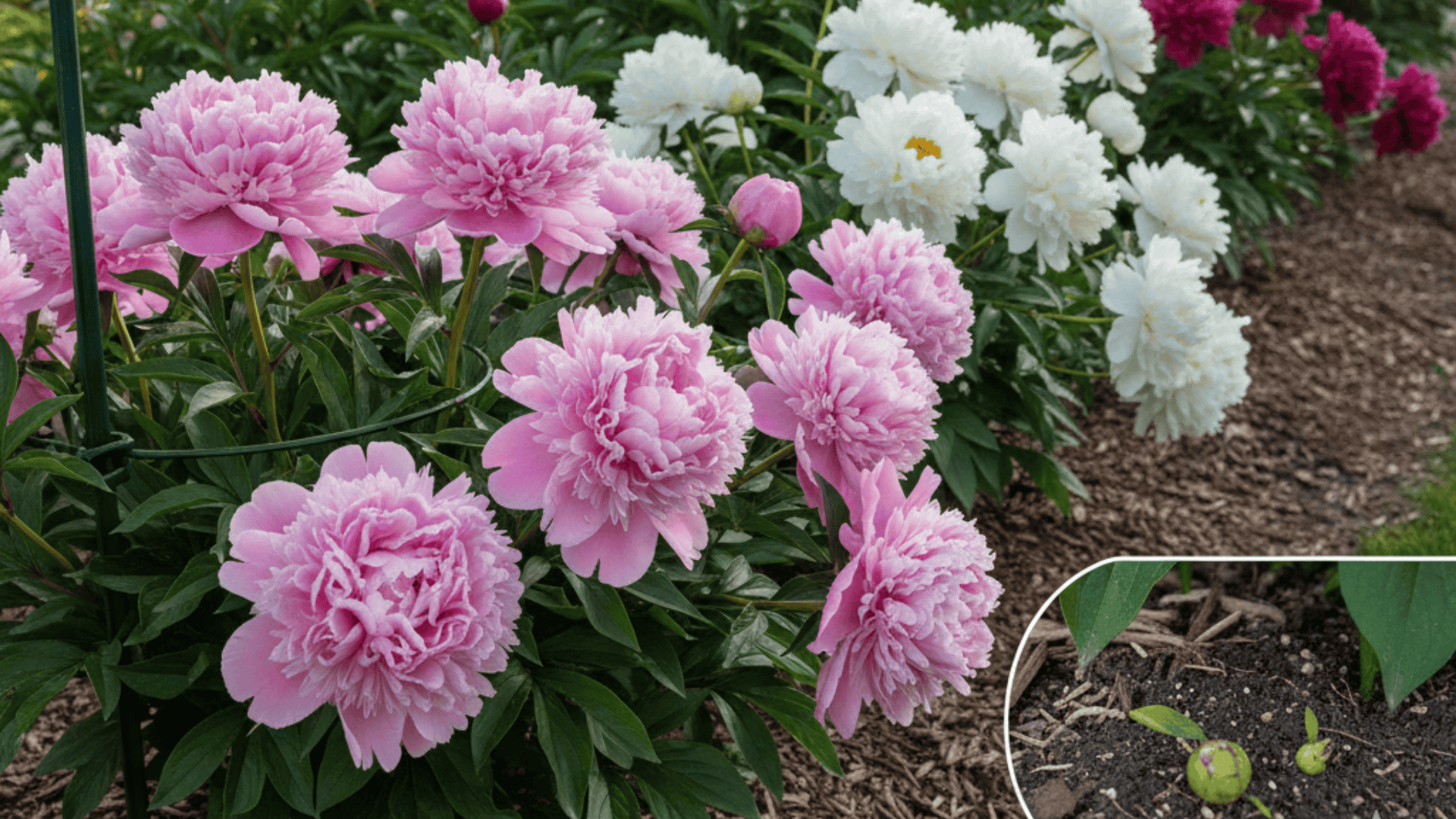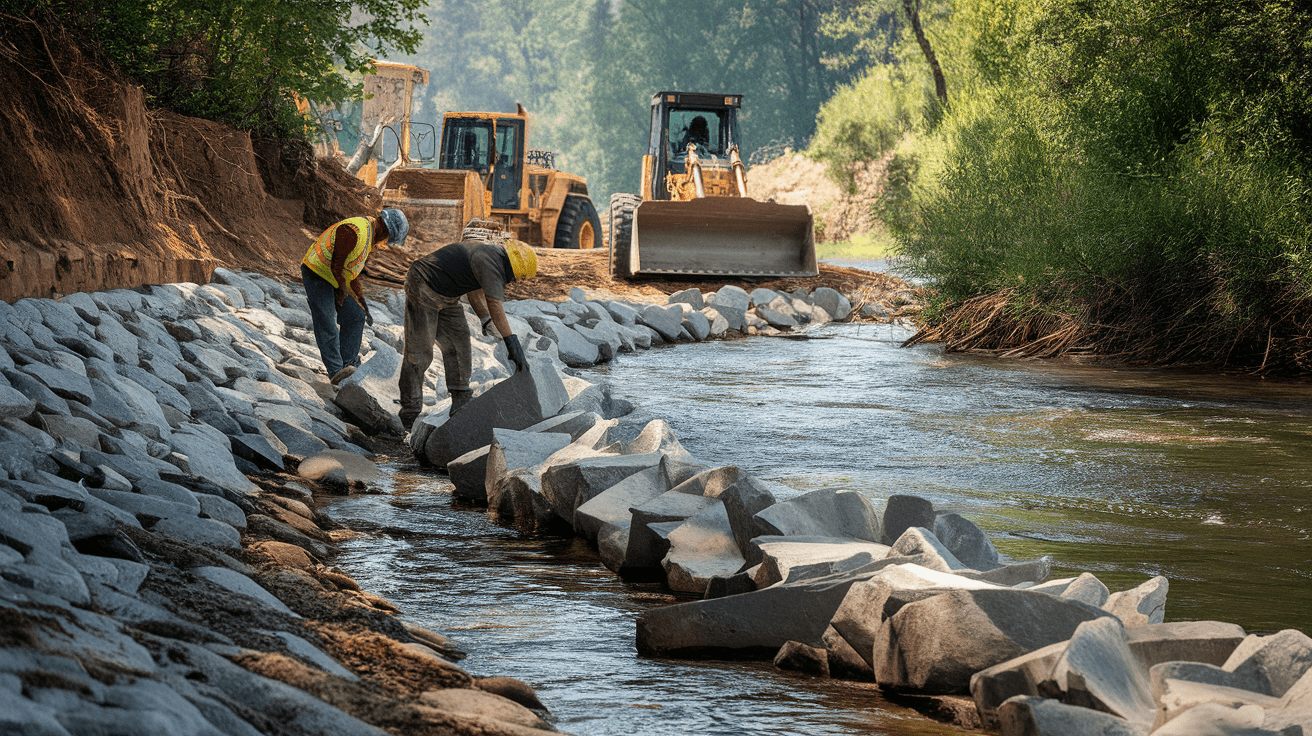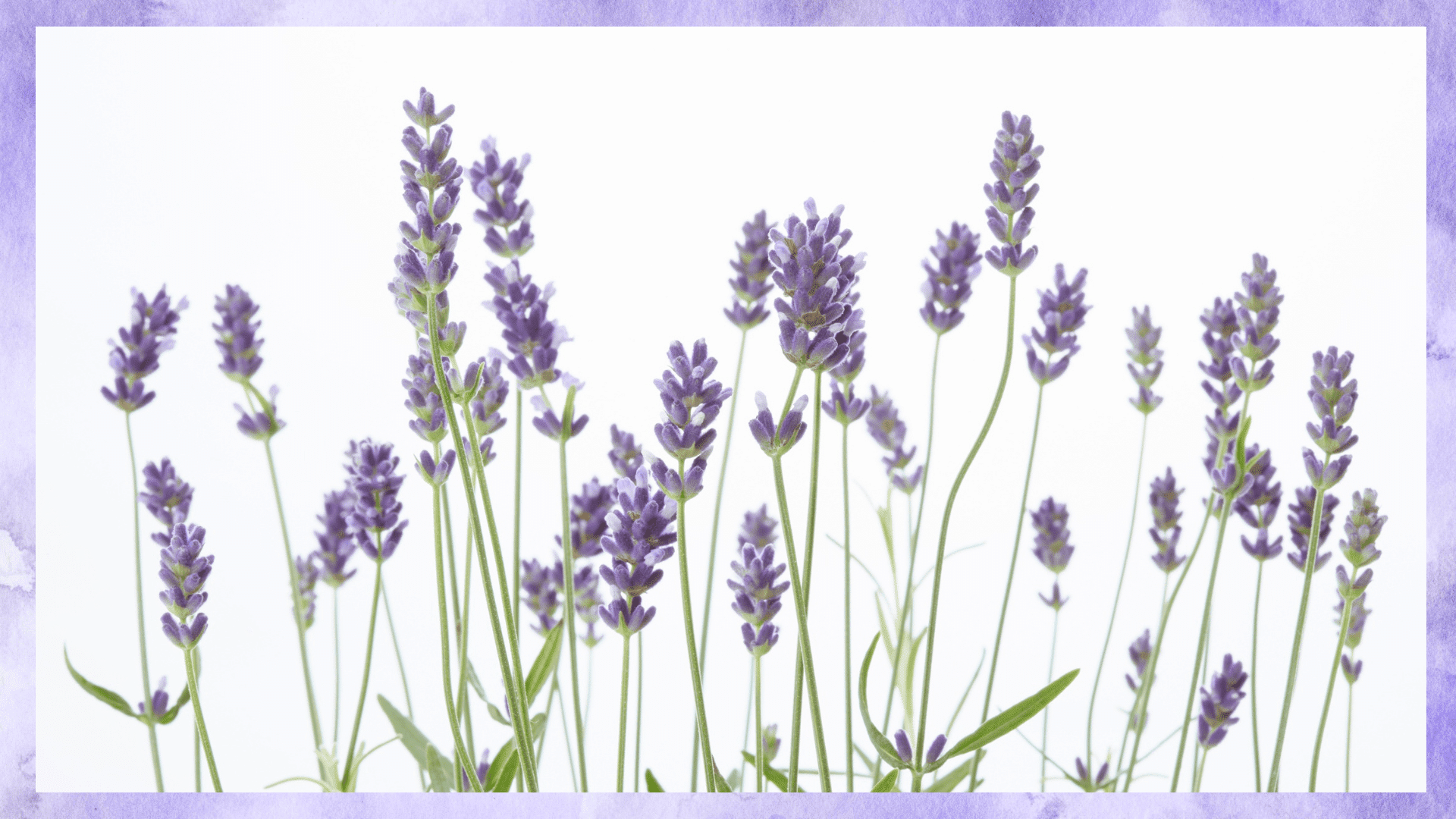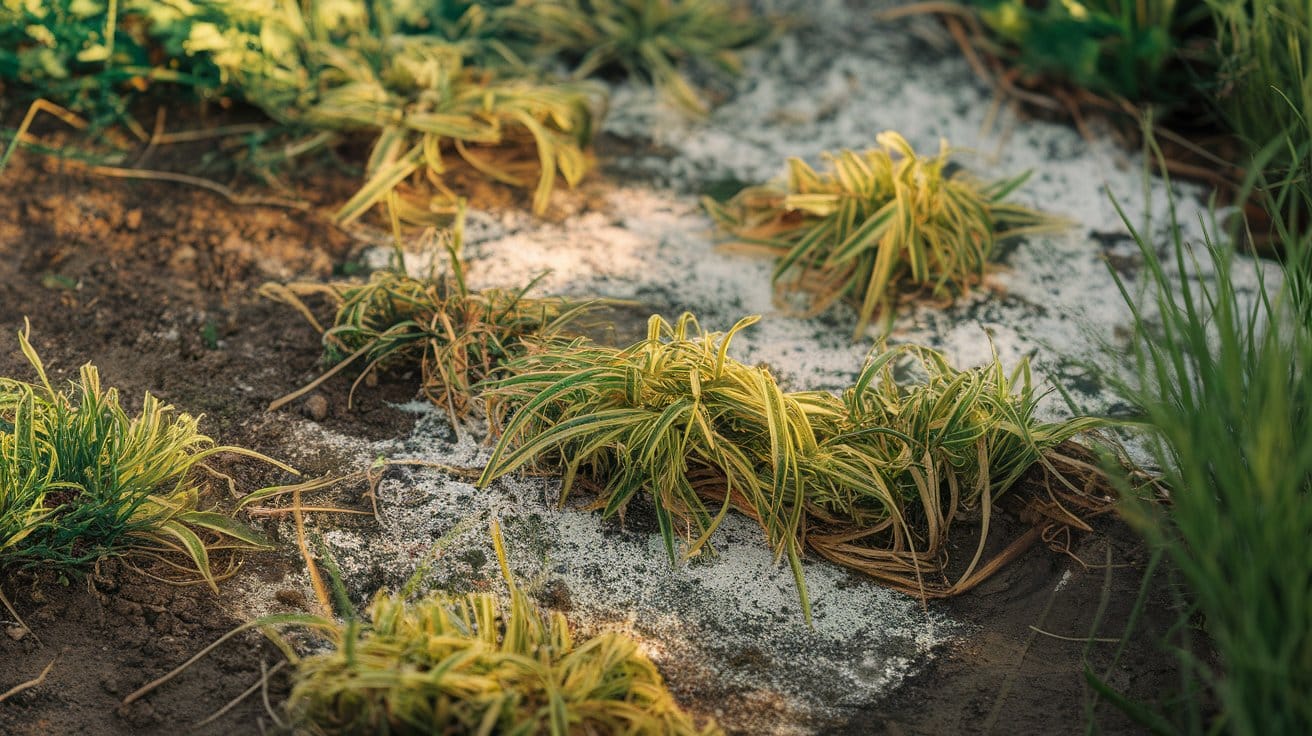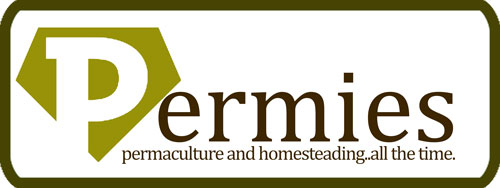Cedar mulch stands out for its natural fragrance, neat texture, and long-lasting protection for gardens.
Still, before applying it to flower beds or landscapes, it’s important to know the pros and cons of cedar mulch.
Many gardeners value its ability to repel insects and retain soil moisture, while others raise concerns about cost and possible effects on soil balance.
Based on my years of expert landscaping experience and shared insights, this blog explains the real benefits and drawbacks of using cedar mulch.
With a blend of professional knowledge and firsthand experiences.
It helps readers make confident, informed decisions about adding cedar mulch to their outdoor spaces.
What is Cedar Mulch and Why Is It Popular?
Cedar mulch is made from the bark or wood of cedar trees, known for its pleasant aroma and rich color.
Gardeners often use it to cover soil in flower beds, around trees, or along pathways.
It helps lock in moisture, reduce weeds, and add a clean, finished look to landscapes.
Experts and seasoned gardeners note that cedar mulch not only upgrades visual appeal but also offers natural resistance to pests, making it a popular choice for long-term garden maintenance.
Cedar Mulch Pros
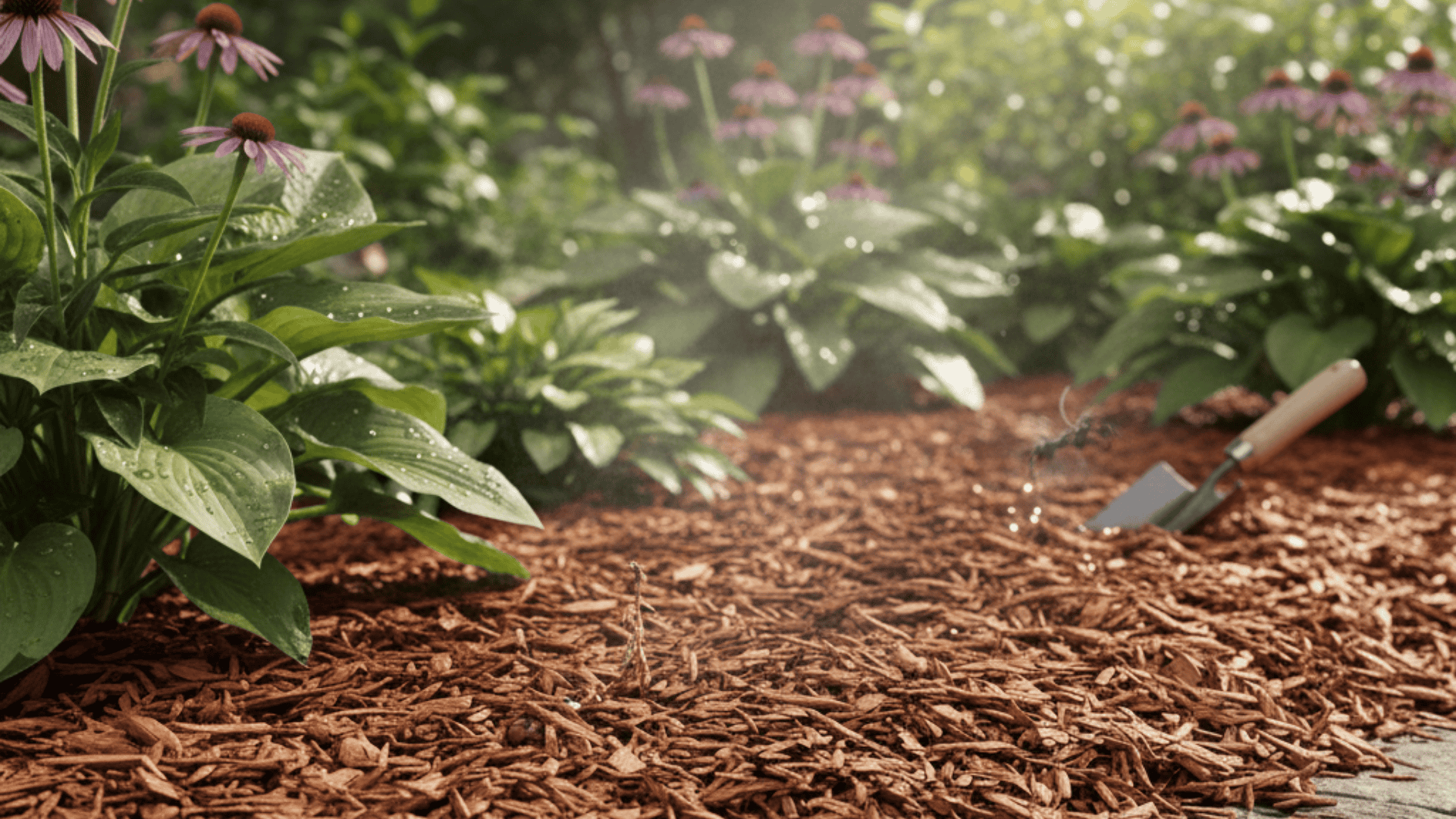
Using cedar mulch in your garden offers several practical benefits that make it a favorite choice among landscapers and home gardeners.
1. Naturally Resistant to Pests and Insects
Cedar mulch contains natural oils that help deter insects such as ants, moths, and termites.
Many gardeners report fewer pest problems after applying it around plants.
Experts explain that the scent and compounds released from cedar wood act as mild repellents, making it useful for keeping unwanted bugs away without chemicals.
2. Long-Lasting and Low Maintenance
Cedar decomposes more slowly than other organic mulches, which means it doesn’t need frequent replacement.
Landscapers often recommend it for busy homeowners because it can stay effective for up to two years.
This durability makes it cost-efficient in the long run.
3. Helps Retain Moisture and Control Weeds
A layer of cedar mulch helps the soil stay cool and moist by reducing evaporation.
It also blocks sunlight from reaching weed seeds, limiting their growth naturally.
Gardeners often find that plants grow better with consistent soil moisture and fewer weeds competing for nutrients.
4. Pleasant Appearance and Aroma
Cedar mulch offers a warm, earthy tone and a fresh scent that many homeowners appreciate.
Experts say it upgrades the overall look of garden beds while creating a clean and inviting outdoor space.
The scent also contributes to its mild insect-repelling properties, offering both beauty and function.
Cedar Mulch Cons
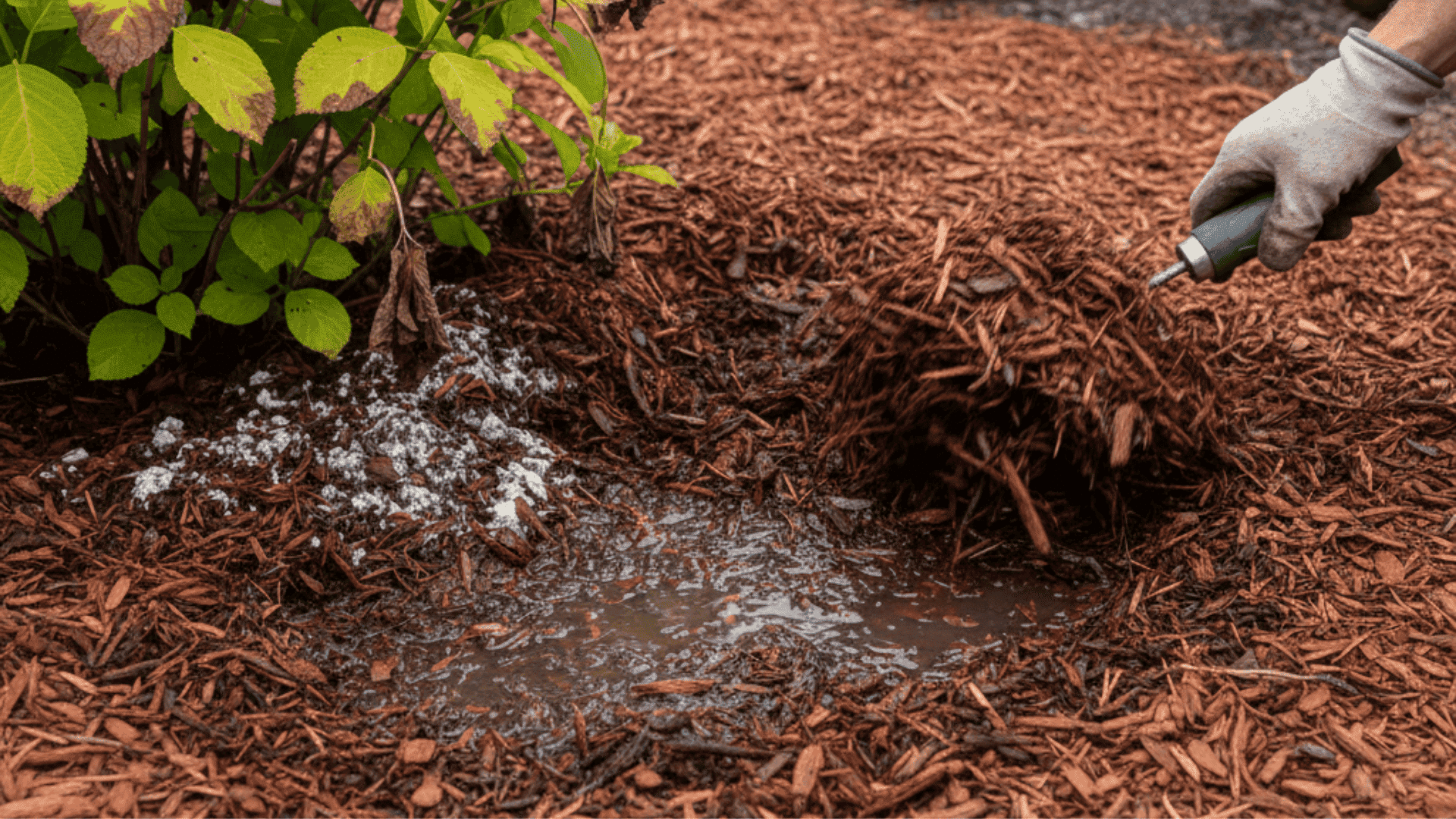
While cedar mulch offers many benefits, it also comes with a few drawbacks that gardeners should consider before using it.
1. May Alter Soil pH
Cedar mulch can slightly acidify the soil as it breaks down, which may not be ideal for plants that prefer neutral or alkaline conditions.
Experts recommend testing soil pH regularly and using a thin mulch layer or mixing it with other organic materials to maintain balance.
This helps prevent nutrient imbalance and keeps plant roots healthy over time.
2. Potential for Mold Growth in Damp Conditions
When applied too thickly or placed in areas with poor drainage, cedar mulch can retain excess moisture and encourage mold.
Gardeners have noted that turning or fluffing the mulch occasionally helps prevent this issue.
Regular maintenance and proper air circulation can significantly reduce the chance of mold or fungal buildup.
3. Higher Cost Than Other Mulches
Cedar mulch tends to be more expensive than pine or hardwood options.
Landscapers explain that while it lasts longer, the upfront cost may not fit every budget.
But, many homeowners still prefer it for high-visibility areas where durability and appearance justify the investment.
4. Not Suitable for Every Plant Type
Certain plants, such as those that prefer alkaline or sandy soil, may not grow with cedar mulch.
Experts advise researching plant needs before applying it and considering alternatives like straw or compost mulch for sensitive species.
Checking compatibility before use ensures healthier growth and better garden performance.
Does Cedar Mulch Repel Bugs?
Cedar mulch contains natural oils that help keep many garden pests away, including ants, moths, and termites.
It doesn’t completely eliminate all insects, but it does reduce their presence in most gardens.
Gardeners and experts agree that its effectiveness depends on factors like weather, moisture, and mulch age.
Fresh cedar mulch works best because its natural oils are strongest when newly applied.
Over time, these oils fade, reducing the repelling effect.
To maintain its benefits, I recommend refreshing the mulch layer once or twice a year to keep it effective against common garden pests
How Long Does Cedar Mulch Keep Bugs Away?
These oils typically remain active for about six to twelve months before losing much of their potency.
During this period, gardeners often notice a visible reduction in pests such as ants and moths around their plants.
To maintain its effectiveness, refreshing or turning the mulch once a year helps restore its aroma and renew the natural compounds that keep unwanted insects away.
Best Practices for Using Cedar Mulch
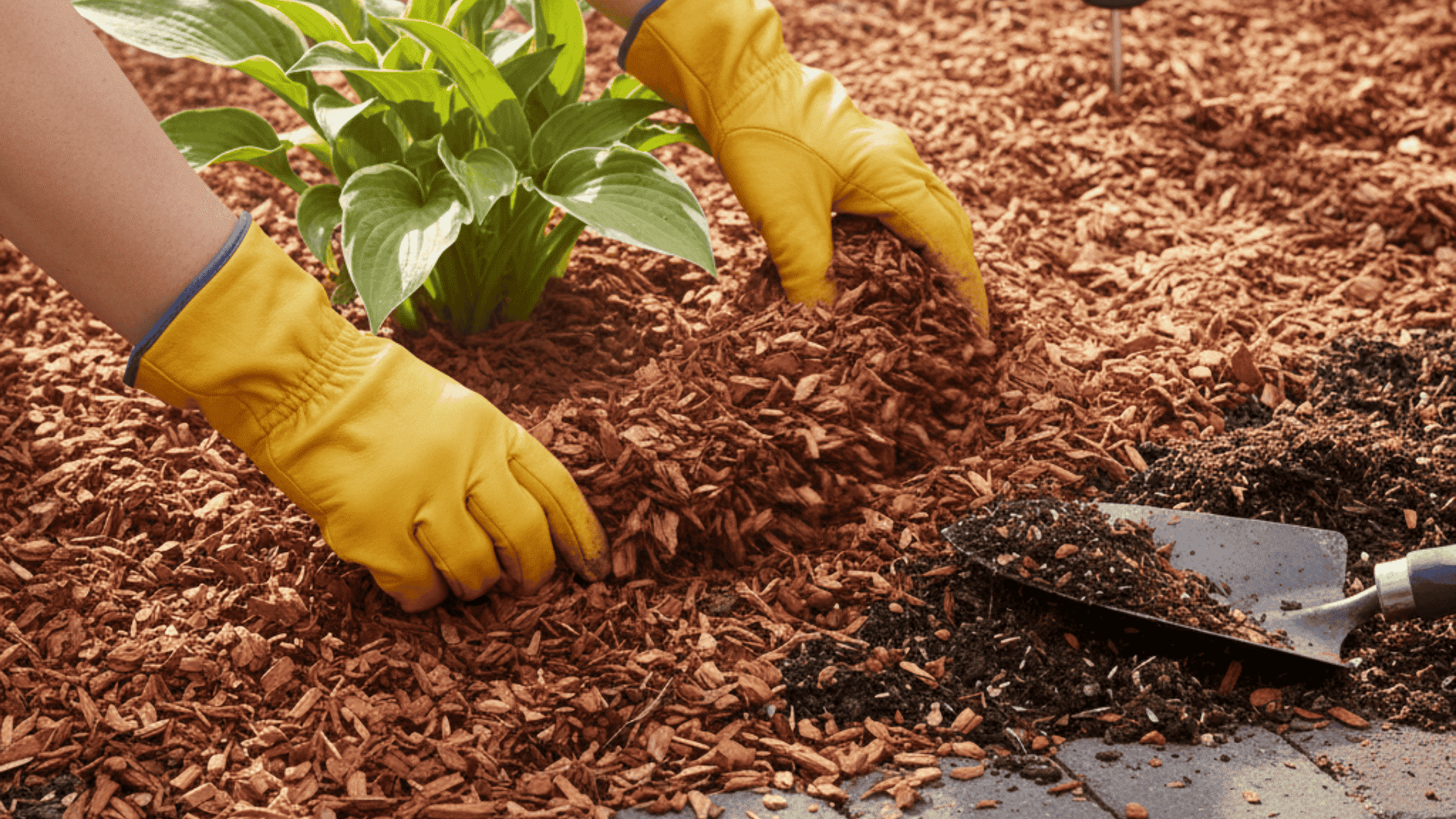
To get the most out of cedar mulch, it is recommended to follow the following practices to maintain its benefits and longevity:
- Apply an even layer: Spread cedar mulch about 2 to 3 inches thick to retain moisture and control weeds without suffocating plant roots.
- Keep distance from stems: Leave a small gap around plant bases and tree trunks to prevent mold growth and root rot.
- Refresh annually: Replace or turn the mulch once a year to restore its color, scent, and insect-repelling oils.
- Ensure proper drainage: Use cedar mulch in areas with good air circulation and soil drainage to reduce moisture buildup.
- Monitor soil condition: Check soil pH periodically, especially for plants sensitive to acidic conditions, and adjust if needed.
- Combine with compost: Mixing a small amount of compost beneath the mulch can help balance nutrients and support plant growth.
Is Cedar Mulch Good for Vegetables and Roses?
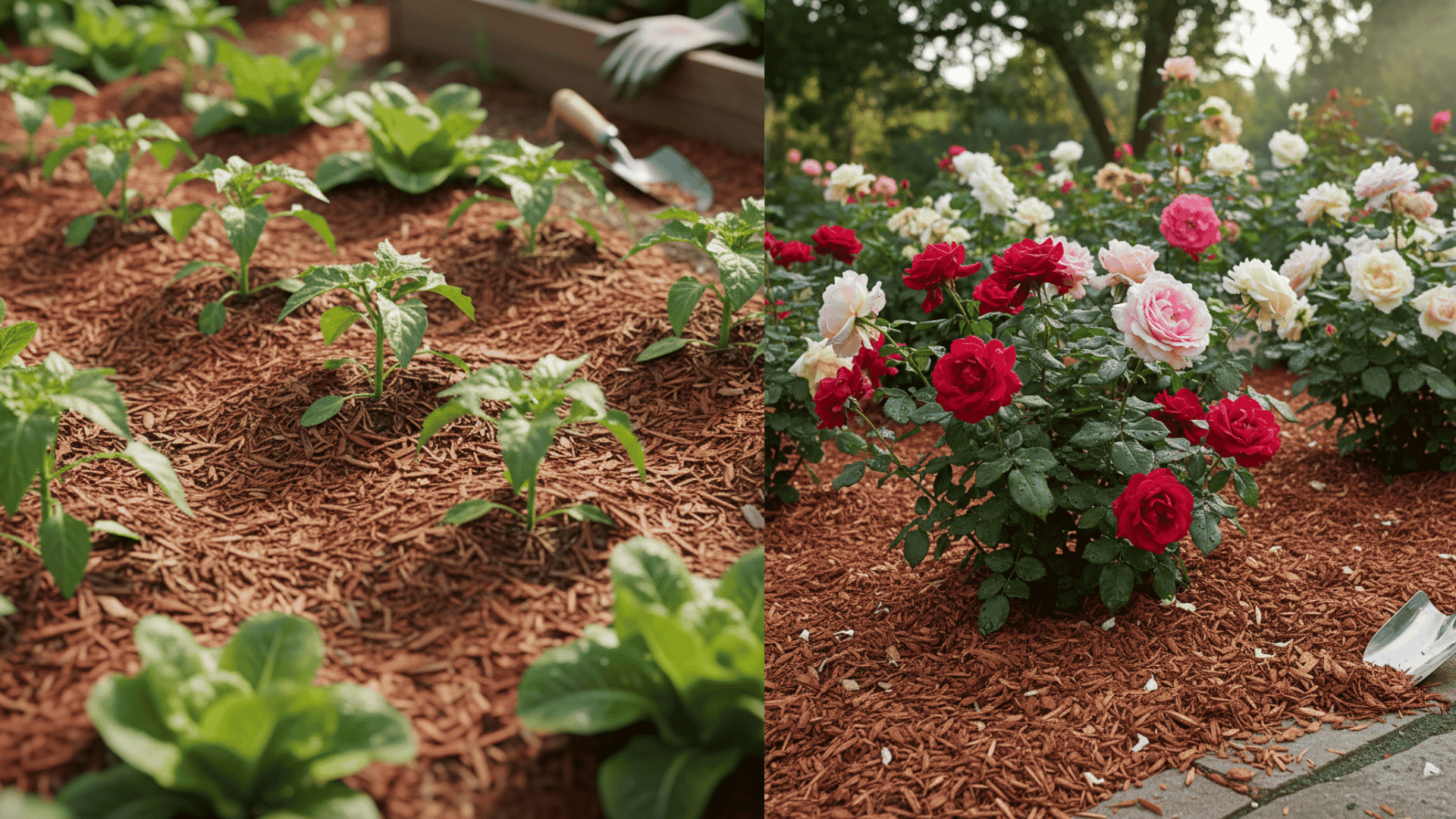
Cedar mulch can work well for many types of plants, but expert gardeners often share mixed opinions. Its effectiveness depends on how and where it’s used.
1. Cedar Mulch for Vegetable Gardens: Cedar mulch can be a helpful addition to vegetable gardens when used correctly.
Experts note that it helps retain soil moisture, reduce weeds, and prevent mud splashing onto edible crops during watering or rain.
Gardeners recommend applying a thin layer and keeping it a few inches away from plant stems to avoid excess moisture buildup.
2. Cedar Mulch for Roses: Roses benefit from cedar mulch because it maintains consistent soil moisture.
It regulates temperature during warm and cool weather.
The mulch’s slow decomposition means less frequent replacement, which many rose growers appreciate.
Conclusion
After comparing the cedar mulch pros and cons, its visible that Cedar mulch offers both benefits and challenges.
It helps control weeds, conserve moisture, and repel some insects, but it may not suit every soil type or plant.
If you value durability and natural pest resistance, cedar mulch can be a worthwhile option.
Always consider your garden’s specific needs before deciding.
For gardeners seeking a low-maintenance, aesthetically pleasing, and naturally protective mulching solution, cedar mulch presents an intriguing option.
Your garden is a living, breathing ecosystem.
Experiment, learn, and let your garden reveal the true potential of this remarkable natural resource.
Try using cedar mulch in a small area first and share your experience in the comments below.
Frequently Asked Questions
How Often Should Cedar Mulch Be Replaced?
Experts recommend refreshing or replacing cedar mulch once a year to maintain its color and effectiveness.
Can you Put Cedar Mulch Next to a House?
Yes, cedar mulch can be placed next to a house as long as it’s kept a few inches away from walls and siding to prevent moisture buildup.
Which Is Better, Cypress or Cedar Mulch?
Both are effective, but cedar mulch lasts longer and repels insects better, while cypress mulch retains moisture more efficiently.

